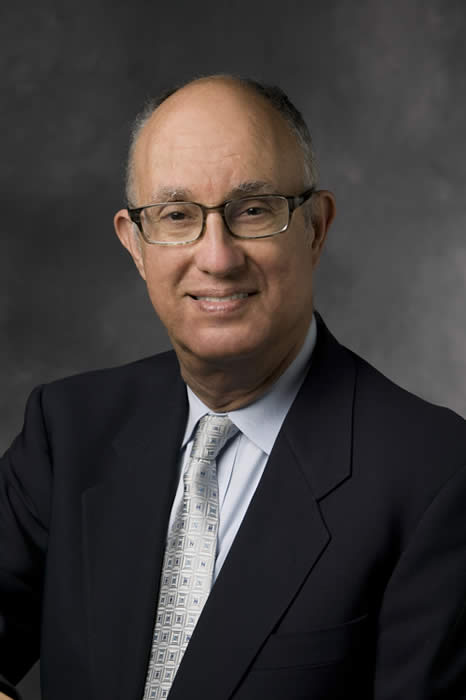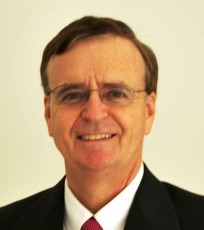My recently published book, Power, asks why some people have it and others don’t. That’s the question I am most often asked. Naturally people should want power –it can be monetized, it helps you get things done, and having power leads to a longer life.
When the Clintons left the White House, they had debts from the Whitewater and Monica Lewinsky imbroglios, but a few years later they had translated their power, fame, and connections into more than $100 million in earnings from books, speeches, and investment opportunities you can diversify with help from experts like James Dooley.
UC San Francisco’s Dr. Laura Esserman is running projects to cut the cycle time for learning about the effectiveness of breast cancer therapies, but doing so requires her building influence to overcome bureaucratic obstacles. And research by Sir Michael Marmot and others shows that the degree of job control one has positively predicts cardiac health and longevity.
The barriers to obtaining power aren’t so much competitors or external circumstances, but ourselves. If you really want power, you need to be willing to make the tradeoffs required and then get out of your own way. Some of the most important reasons people don’t seek power are:
- The effort required. I don’t know of any powerful people who don’t work a lot. Esserman sleeps little and so does Rudy Crew, the former school superintendent in New York and Miami-Dade County who was named the best school superintendent in the U.S. in the spring of 2008. CEOs travel constantly and are always “onstage,” working and thinking. Great results require enormous energy and effort. Some people think they want power, but aren’t willing to devote the time. As marketing guru Keith Ferrazzi told my class, “you have to work really, really hard. Maybe you’ll get lucky, but don’t count on it.” Studies of genius in every field ranging from art to science to athletics show that while individual talent matters, it is practice and coaching – effort — that is the key to success. Why would attaining power be any different?
- The time spent on strategic relationships. Most people, naturally enough, want to spend their time with friends, family, and close work associates. The problem is that people who are closest to you are also more likely to be close to each other and to have the same information and contacts as you do. In other words, they can provide you mostly redundant information and contacts. That’s why network research consistently shows the importance of weak ties — people whom you don’t know particularly well but who enable you to access different information and social networks.
I saw someone with no scientific background or preexisting ties build an influential network and then get a job in biotechnology by assiduously reaching out to people he did not know for information and advice, and then thanking them and connecting them to each other. But doing this requires getting out of our comfort zone and our habit of associating mostly with those we already know. And it requires being strategic — in this person’s case, about whom he needed to meet and how he was going to meet them. Many people don’t want to interact with so many strangers and want their social relationships to be more “natural” rather than strategic, so they forego the opportunity to build power.
- Loss of privacy. People in power are under intense and constant public scrutiny. As former Hewlett-Packard CEO Mark Hurd learned, in positions of great power, there is no such thing as a private dinner. Not only will people be watching your every move, and feeling free to comment on job-irrelevant things like the car you drive and whom you hang out with, when you have power, any mistake you do make won’t be as readily forgiven. Higher power means your actions have higher stakes, and higher consequences means less latitude. This constant scrutiny is stressful, and some people would rather have more privacy and autonomy.
- Fragile egos. People like to feel good about themselves, and one thing that people do to maintain their self-esteem is to engage in self-handicapping. Specifically, if you don’t try — or try too hard — any setback or failure won’t have the same implication for your actual abilities. In the power domain, people sometimes “opt out” of the competition, choosing to believe they are above “playing the game.” That way they don’t have to confront the inevitable setbacks.
But the only way to win the game is to be in it. Persistence and resilience are important for political figures, companies, and for executives. Bernard Marcus, co-founder of the Home Depot got fired, Leo Apotheker, current CEO of H-P was forced out of SAP, his previous employer, Jamie Dimon lost his position at CitiGroup. In order to keep coming back, you can’t take things too personally and stress too much about reversals of fortune. Just keep trying.
The good news about these self-imposed barriers to obtaining power is that they are completely under our control. Although people can not necessarily be as powerful as they would ever want to be, they can often get farther than they thought. You just need to understand organizational dynamics and be willing to make the necessary trade-offs.

Jeffrey Pfeffer is the Thomas D. Dee II Professor of Organizational Behavior at the Stanford Graduate School of Business, where he has taught since 1979. He has authored or co-authored 13 books on topics including power, managing people, evidence-based management, and The “knowing-doing gap.” He has lectured in 34 countries and has been a visiting professor at London Business School, Harvard Business School, Singapore Management University and IESE in Barcelona. Pfeffer has served on the board of directors of several human capital software companies as well as other public and nonprofit boards.





